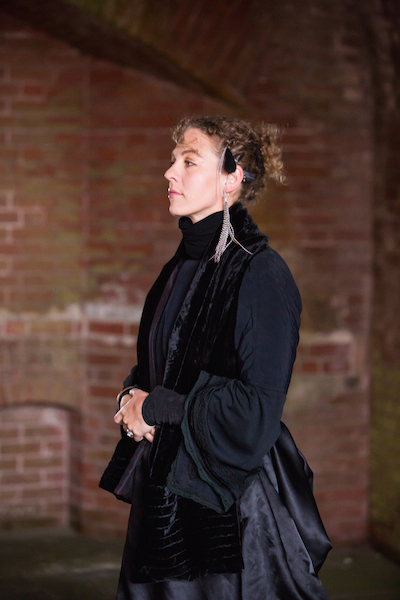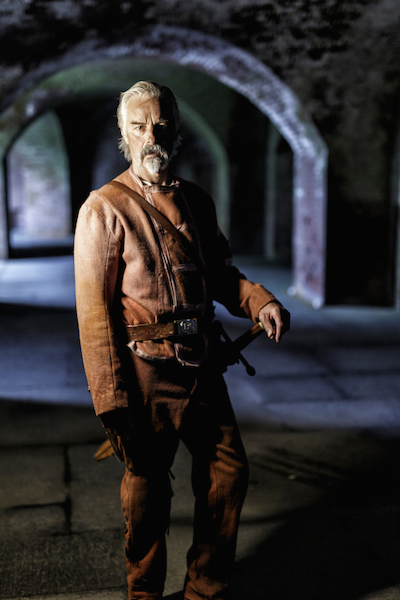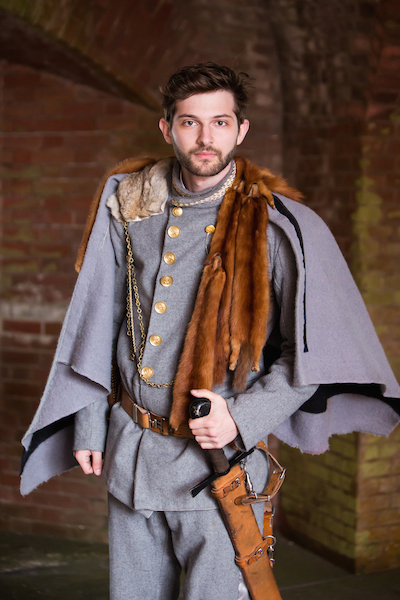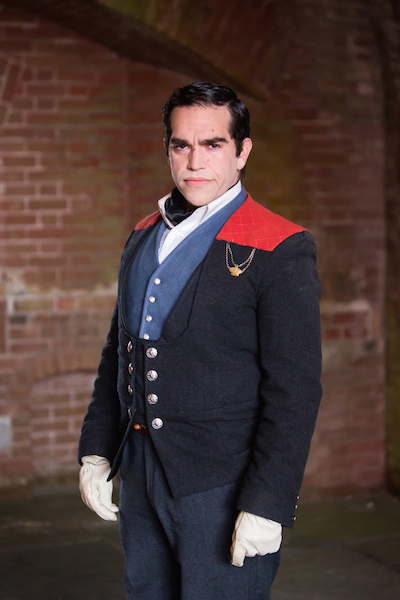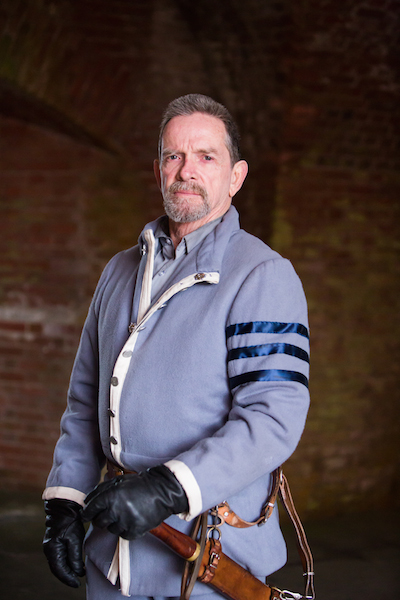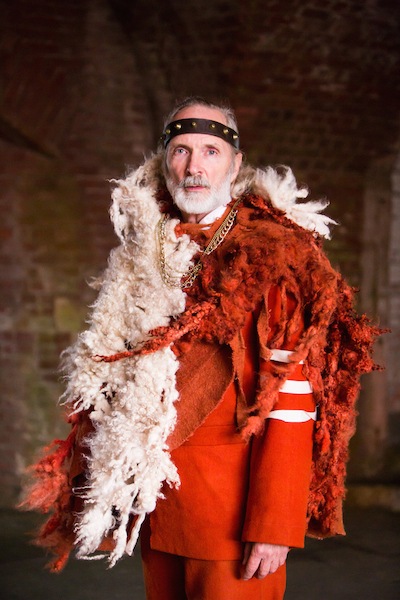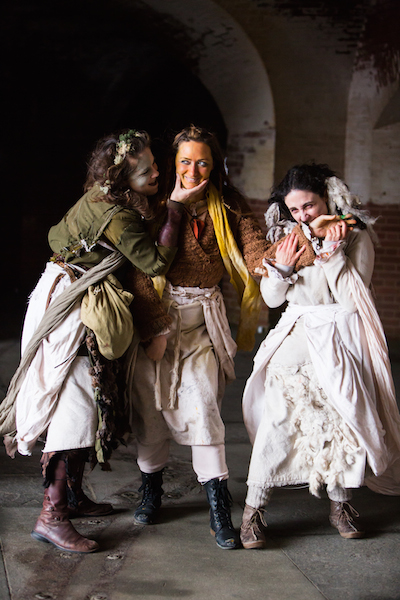Backstage one more time, hovering in my special scorpions bedchamber, in my black gown sitting on the edge of the bed listening to the waves crash and the musical pre-show banter and soon the conch will blow and we’ll be in it one more time…
goodnight lady macbeth
enjoy the ride
this time you really get to die, not to be reborn to do it again tomorrow
tonight you go to bed
get some sleepe.
Every show leaves it’s own particular imprint on psyche and soul. With a role like Lady Macbeth, it’s imperative for me to establish a ritual, or protocol, for getting in and out of that emotional and psychological territory. Taking care to leave her at the Fort, and not to take her home with me.
The opportunity to revisit this role, particularly in such short order and alongside my closest artistic collaborator, allowed me to access a much deeper, more nuanced and specific expression in our 2014 production. The aftermath of cleansing my body of her presence is both immediate and slow. Initially, the surge of catching up with everything that’s been languishing on the back burner distracts. But there are the more subtle layers to deal with. I crave fat for weeks. Milk, cream, butter, oil – bring it! I want coconut and olive oil everywhere, on everything – on my skin, in my hair and lots in my food. Replenishing. I eat like a lumberjack for a few days.
There is an extreme physical toll in working in an environment as exposing and raw as Fort Point – with severe winds, piercing cold and penetrating dampness. And there was the series of small accidents… The shocking impact of a dagger hilt to the cheekbone mid tech rehearsal. Keep on working, now with an ice pack strapped to my face. My comrades offer their blood and flesh and bone to the work as well. Carmen, one of the nefarious murderers, gave herself a deep bruise literally the size of her hand…from smashing the baby’s head too damn hard in the Macduff family scene one night.
(By the way, the baby’s head was a rutabaga. We have experimented with a variety of vegetables seeking the optimal head cracking sound. Onions have a nice thud and squish, but they stink like…well onions. Undeniably and unavoidably so. Acorn squash and butternut squash are nice, but none of the squash family come close to the horrible satisfaction of the rutabaga. Rutabaga, I don’t know who eats you. But you are a wonderful prop for stage violence.)
Then of course, the adventure of John, our Macbeth, losing his front tooth, mid-performance. This not only required his commitment to staying totally in the flow, despite the obvious shock and dismay, but in addition, a more refined attention to pronunciation – for obvious reasons. On the – ahem – second episode of flying teeth, the piercing gaze of our Maria, the attentive little witch that she is, tracked the flight of Macbeth’s tooth from her perch in the window above, scurried down into the audience, and found it.
These misfortunes seem to pile up into a great mountain when I begin enumerating…
But they can’t touch the quiet joys of moments alone in the fortress, under the full moon, or under the sunset soaked sky. The precious moments when a perfect shaft of light streams in through a thin window in a casemate otherwise submerged in perpetual darkness. The glory of private views onto the slice of solitary beach just below the fort to the west, a strip of sand untouched by human footprints. The practical and pleasurable act of steadying myself as Lady Macbeth after the torment that is the banquet scene, with a few moments in the thick shadows of a tucked away arch that is covered in sand for some reason (did it blow in through the window? why is it here on the third floor?). I press my hands into the sand canvas and remind myself I have a body.
Lady Macbeth is unraveling from the beginning, the madness doesn’t come suddenly, it’s there all along. Like a hard boiled egg that’s been cracked, but not yet peeled. The shell just holding together, despite it’s apparent wholeness. The confining leather corset and tight waisted skirts, the making of her face, the need for some physical contact with the fort walls at all times…all efforts to keep. it. together. A sense of vertigo rushes in when Lady Macbeth loses contact with the brick and veers into open space. From there she tumbles headlong into the “out damn spot” sequence. A fragile object hurtling through space, fatal impact inevitable…
After one performance, I asked a friend her impressions of the egg drop at the onset of the play. This particular audience member does not identify as a theatregoer or even as much of an art enthusiast (and is certainly not an active Shakespeare fan). I find her responses entirely authentic, not glossed with a desire to please. Among other pleasing things she describes about that cold windy night at the Fort with We Players…
“The egg drop? Oh, I don’t know what it was supposed to mean. But I guess it seemed like…”
a pause
“…an exclamation point and a question mark.”
I’d like all beginnings and endings to come close to this…
!
?
–Ava Roy
Founding Artistic Director, We Players







